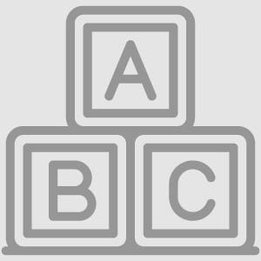Assessment
What is it?
The testing and assessment of reading ability in primary schools is done both for external reporting (to the Department for Education, school website etc.) and internally for teacher knowledge of pupil attainment, progress and gaps in pupil’s understanding.
Assessment of pupils’ reading ability is essential in order:
- to get an understanding of pupils’ baseline performance,
- so the correct text can be provided for each child to read
- so gaps in pupil’s knowledge can be addressed through reading instruction
- to monitor pupil progress, identify poor progress and allow teacher’s to intervene to boost performance.
There are a number of ways that schools can assess reading attainment and progress:
- Through running records
- Termly assessment tests
- Digital tests and comprehension activities and many more
In the 2016 reading test at the end of KS2, 62% of boys and 70% of girls reached the expected standard (average 66%)
- As a scaled score, the average scaled score for England was 103.
What does the research show?
Feedback studies tend to show very high effects on learning. (Education Endowment Foundation Teaching & Learning Toolkit, accessed April 2017)
Feedback has the joint highest impact of all strategies summarised by the Education Endowment Foundation.
“…if you’re serious about raising student achievement you have to improve teachers’ use of assessment for learning…” Dylan Wiliam, Assessment for Learning: why, what and how, September 2006
John Hattie gives Feedback an effect size of 0.73 and Providing Formative Evaluation between 0.68 and 0.9, both well within the ‘zone of desired effects’.
“The… ‘Assessing pupils’ progress’ initiative had helped to strengthen assessment practice in all of the schools visited…impact was greatest when it formed part of a strongly led, clear, whole-school vision of teaching, learning and assessment…” The impact of the ‘Assessing pupils’ progress’ initiative, Ofsted, 2011.
“Our own review has selected at least 20 more such studies—the number depends on how rigorous a set of selection criteria are applied. All of these studies show that innovations which include strengthening the practice of formative assessment produce significant, and often substantial, learning gains.” Inside the Black Box. Raising Standards Through Classroom Assessment. Paul Black and Dylan Wiliam 2001.

